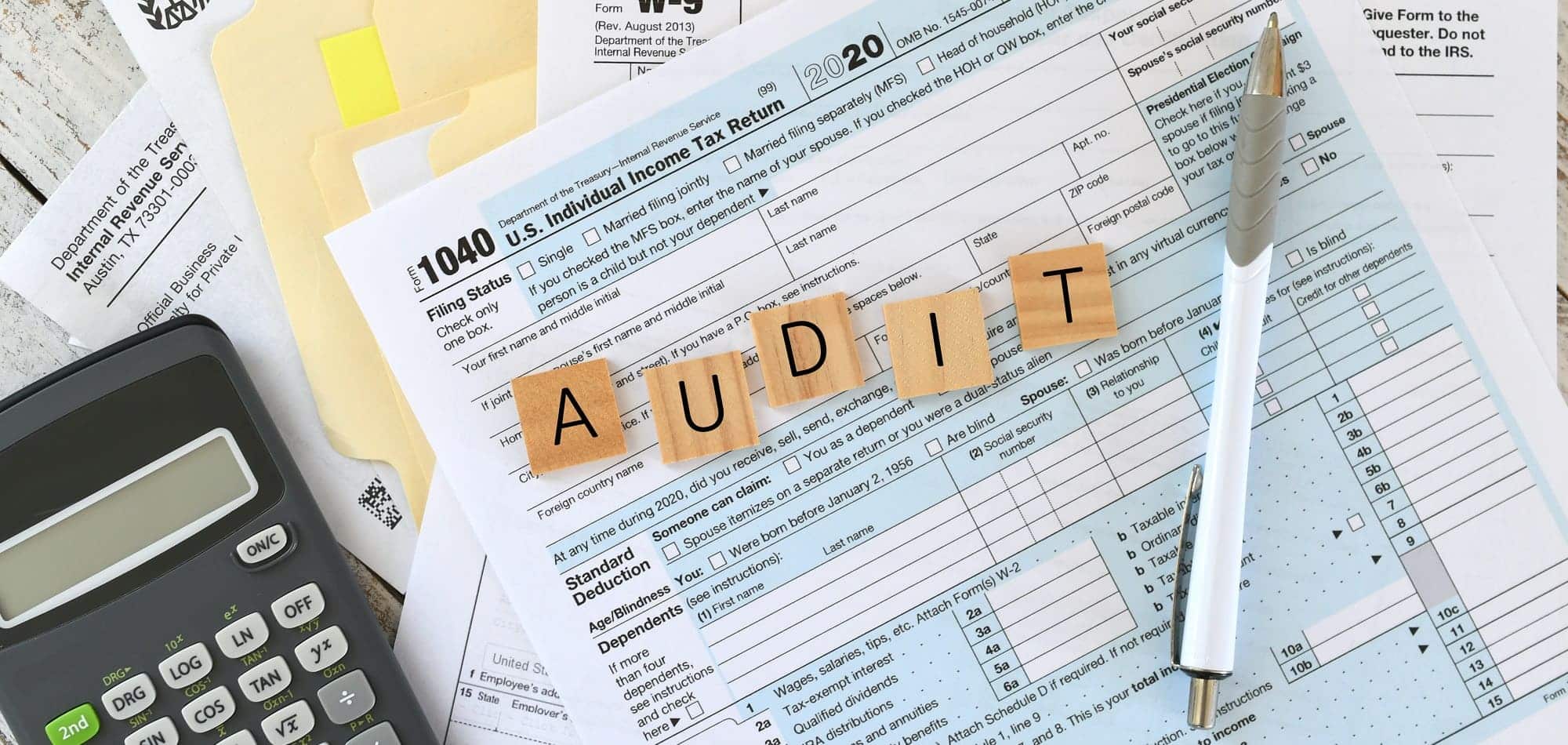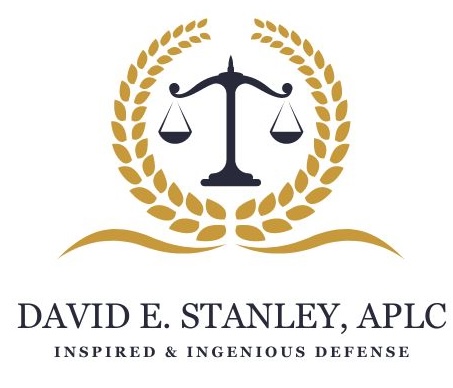Fraud intentionally distorts facts to deprive someone of a valued asset. Although fraud is sometimes a crime in and of itself, it is more commonly a component of other crimes such as gaining money by deception or impersonation. Fraud claims are serious. Not all incidents of the alleged fraud are true.
It is possible to do something that appears dishonest when you have no intention. If you are accused of fraud and can demonstrate that you had no purpose of defrauding someone, you may be able to defend your case effectively.
Suppose you accidentally committed fraud, a good fraud lawyer like David E. Stanley will be able to help you fight the allegations effectively. Always attempt to be open and honest and prevent fraud as much as possible; nevertheless, if you face fraud charges, give us a call and let us fight for you.
Do You Need Help with Fraud Charges?
Call Criminal Defense Attorney, David E. Stanley Immediately
at 225-926-0200!
Table of Contents
Toggle4 Ways You May Be Committing Fraud Without Realizing It
The following are some ways ordinary individuals commit fraud without recognizing it.1. Unintentional Tax Evasion
Unintentional tax fraud is one of the most prevalent types of fraud. There are various types of fraud, but accidental tax fraud is one of the most common. According to the Internal Revenue Service, tax fraud is defined as a taxpayer’s willful wrongdoing to avoid paying taxes. Therefore, you must purposefully deceive the government while paying taxes to fit this criterion and face charges. Mistakes on your tax return are not the same as tax evasion. Due to the tax system’s complexity, it’s usual for people to make mistakes later discovered during audits. The Internal Revenue Service does not usually accuse people of fraud, but in some situations, it may say that they were dishonest about their incomes or that they failed to file taxes. The IRS could accuse that individual of defrauding the government.
Auditing can happen for various reasons, including erroneously claiming the Earned Income Tax Credit or the wrong deductions. In reality, taxpayers may be unaware that they are wrongly claiming additional deductions or credits. Because many individuals are unfamiliar with tax law and rely on DIY applications to file their returns, problems are bound to occur.
2. Accepting Unemployment Benefits that Have Been Overpaid
Unemployment benefits are highly restricted regarding how much a person can receive based on any other income they may have and what they were earning when they last worked. Work and income conditions may change, resulting in the overpayment of unemployment benefits due to various variables. You are committing fraud if you obtain an overpayment of benefits and do not repay it. It may be tempting to retain the excess cash; you might compare it to getting too much change back at the grocery store (although you should return that as well); you might not even realize you received more than you were entitled to
3. Failure to Inform Your Car Insurance Company of Any Changes
Because it is unintentional, accidental fraud usually means that the person who committed it just made a mistake. For example, one of the most prevalent blunders is failing to notify your vehicle insurance company of any changes that may impact your premium. Failing to disclose changes in how you operate your car might get you in trouble. This includes reporting that you use your vehicle for work and ceasing to do so without informing your insurance company. These are less malevolent forms of fraud than, for example, arranging an accident to collect insurance benefits, but they are nonetheless fraudulent. Make sure your insurance agency is up to date on any changes that could affect your policy.
4. Contesting a Credit Card Purchase You Were Not Aware Of
People perpetrate credit card fraud differently, and if you make this error, you may fall into that category. Credit card issuers are usually extremely cooperative regarding fraudulent purchases made with your credit card. If you discover purchases on your credit card statement that you did not make, they will refund you the money and investigate the bogus purchase.
One mistake you may not recognize is finding purchases on your statement that you forget you made and reporting them as fraudulent to your credit card provider. This is called “friendly fraud,” and you may face harsh consequences if you do not return the money. Perhaps a family member purchased without your permission, or you signed up for a free trial that was then charged to your credit card without your permission. You have committed fraud if you receive a reimbursement from your credit card provider for these purchases.
Frequently Asked Questions:
What are the Three Types of Frauds?
The three main types of fraud are:
– Asset misappropriation.
– Bribery and corruption.
– Financial statement deception.
How Many Years Can You Get for Fraud?
Penalties for a well-planned and skillfully executed fraud can range from two to seven years in prison. Possession of fraudulent articles can result in community service to 12 to 18 months in prison for more complex frauds.
How Do Fraudsters Get Caught?
Fraud is commonly detected through employee tips, followed by internal audit, management review, and accidental discovery; external audit is the eighth most common way occupational frauds are initially detected.

Reliable Legal Representation
David E. Stanley, APLC, is a skilled attorney handling complex criminal matters and can aggressively fight for you. Mr. Stanley’s approach to law is straightforward. He works hard and dedicates himself to ensuring that his clients receive justice and the best possible conclusion in their case.
Need Advice on a Criminal Case?
Call David E. Stanley, Criminal Defense Attorney
at 225-926-0200 Now!
David E. Stanley, APLC
1055 Laurel Street Suite 2
Baton Rouge, LA 70802
225-926-0200

David Stanley is the founder and principal of David E. Stanley APLC. Since 1983, Mr. Stanley has successfully practiced law from his office in Baton Rouge, Louisiana.



